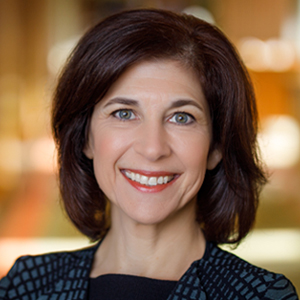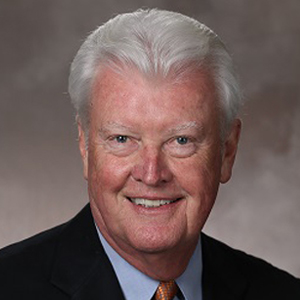
June 2023
RECOMMENDED
HR trailblazer shares principles of talent management
Christine Katziff, Bank of America’s Chief Audit Executive, frequently talks with thought leaders and influencers who are working on the big ideas, trends and priorities that are shaping our society. Recently, Katziff talked with Bill Conaty, former head of Corporate Human Resources for General Electric (GE) Company. Conaty was the architect behind GE’s leading human resources and talent development practices. The following is an excerpt from their conversation.
Christine Katziff (CK): I want to start with workforce trends post‑pandemic. What do you think has remained consistent about how we work, what do you think has changed and how do we need to adjust?
Bill Conaty (BC): The principles I outline in my book, The Talent Masters, are very relevant today. To begin with, talent management starts with the CEO and an enlightened leadership team. If the CEO isn’t committed to talent development in the organization, then it’s going to be tough for any HR department.
At GE, we strongly believed in a meritocracy through differentiation. Our premise was that differentiation of talent breeds the meritocracy. Said another way, treating everyone the same breeds mediocrity.
Another principle is to establish core working values that are the basis for assessments, recognition, promotions, and so on.
CK: That makes a lot of sense and is consistent with our belief here at Bank of America. What are some additional principles you applied?
BC: We also talked about building a culture of trust and candor. Trust takes time and comes after people really believe that the values you’re talking about are ones that you will stand behind consistently.
Another principle is instituting rigorous talent assessments that include a process for continuous performance feedback. Everyone in the organization should know where they stand at any given point in time—not just during the formal appraisal timeframe.
A final principle is around continuous learning and improvement.
CK: What’s your philosophy on accountability?
BC: People need to become problem solvers versus problem identifiers. Oftentimes, business leaders want someone to come to them with a solution to a problem, but the problem itself might not have been framed the right way to lead to the right solution.
CK: That’s a great point. When you think about how you would solve something, it may shift the way you think about the problem. Sometimes you may think, “here’s the problem,” but when you’re thinking it through, you may find you might need to adapt differently. Adaptability is certainly a skill that is extremely important and one that individuals should hone.
BC: That hits on another point I’d like to make, and that is companies need to find a way to legitimize development needs and differentiate development needs from fatal flaws. You have to have a culture of trust to be able to do that. Some might think that laying out personal development needs might impede career advancement opportunities. But if the manager and employee identify development needs together—that can make a big difference in collective successes.
CK: How can each employee elevate their impact and their ability to drive results for a company?
BC: It starts by being mindful of the overall business goals and understanding the issues. And back to problem solving—being impactful by coming forward with new ideas. It’s important to establish yourself as someone who cares about the business and your career, and your peers, bosses, subordinates all know it.
CK: Is there a common denominator among great leaders?
BC: Great leaders have an uncanny ability to balance their passion for the business with compassion for people.



